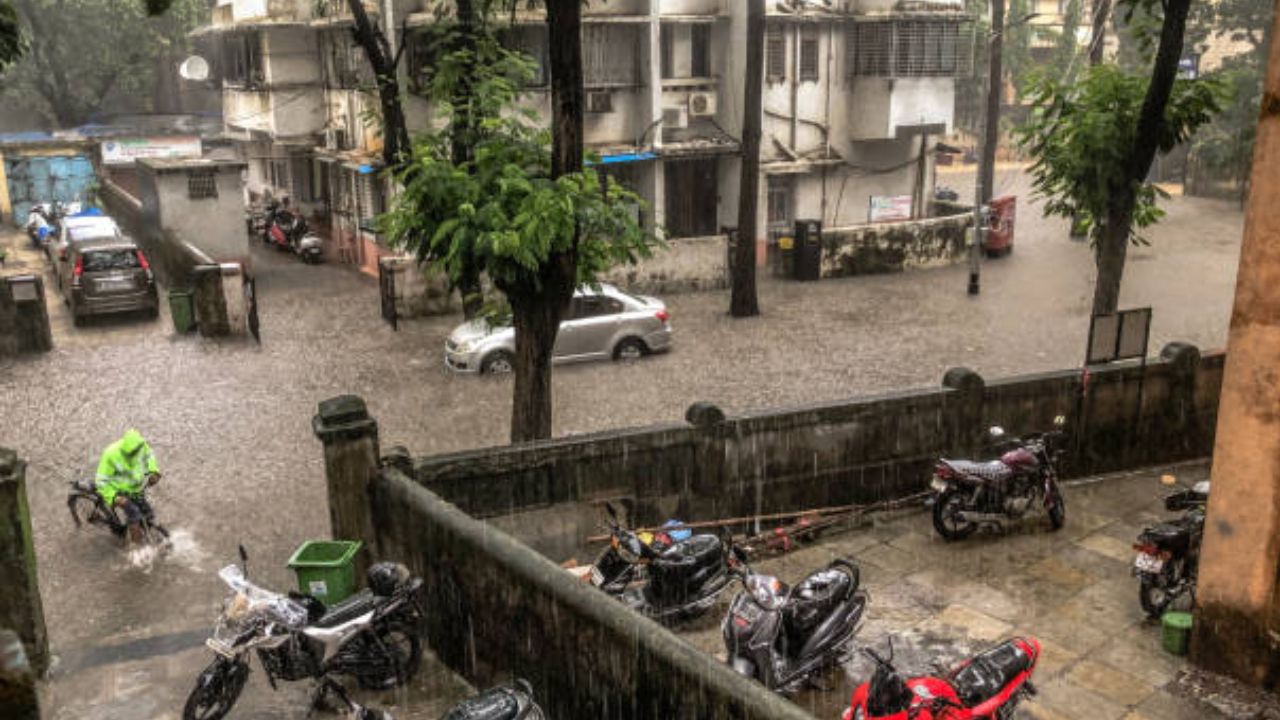
IMD ISSUES ORANGE ALERT FOR DELHI: KNOW WHAT THIS MEANS AND HOW TO STAY SAFE
After a long spell of heatwave that lasted for more than a month, breaking all the records of summer heat in the past, Delhi is likely to face heavy rainfall now.
The India Meteorological Department (IMD) has predicted that Delhi is likely to experience very heavy rainfall from July 1 to July 3. The IMD has issued an orange alert for the national capital.
IMD scientist Soma Sen on Saturday said that heavy rainfall is expected in Delhi over the next two days.
According to the IMD, Delhi experienced 228 mm of rainfall from 8:30 am on Thursday, June 27, to 8:30 am on Friday, June 28. This is the highest 24-hour rainfall in June that the national capital has seen since 1936 when 235.5 mm was recorded.
An alert is issued to inform people to stay alert. If an alert is issued for your area, be prepared for disruption of traffic in major cities due to water logging in roads leading to increased travel time, reduction in visibility due to heavy rainfall, localized landslides/ mudslides/ landslides/ mud slips/ land sinks/ mud sinks.
Health hazards to be careful about
During heavy rainfall and the monsoon season, several health hazards can pose risks to individuals, particularly in regions prone to flooding and waterlogging:
Heavy rains can lead to contamination of drinking water sources with pathogens such as bacteria, viruses, and parasites. This increases the risk of diseases like cholera, typhoid, and hepatitis A.
Stagnant water provides breeding grounds for mosquitoes, leading to outbreaks of diseases such as malaria, dengue fever, and Zika virus. Mosquito-borne illnesses thrive in humid conditions and can spread rapidly during monsoon rains.
Damp and humid conditions promote the growth of mold, fungi, and bacteria in homes, leading to respiratory issues such as asthma, allergies, and bronchitis. Poor ventilation exacerbates these problems.
Slippery roads and flooded areas increase the risk of accidents, injuries, and drownings. Collapsed structures and landslides are also hazards during heavy rainfall, particularly in hilly or landslide-prone areas.
To mitigate these risks, it's crucial to maintain hygiene, avoid drinking contaminated water, use mosquito repellents, ensure proper ventilation, and exercise caution when traveling or living in flood-prone areas during the monsoon season. Public health awareness campaigns and timely interventions by authorities are essential to minimize the impact of these health hazards.
READ ALSO: What happens to expired medicines? Myths vs facts